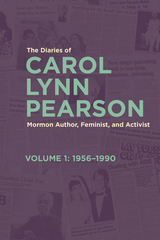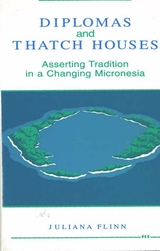
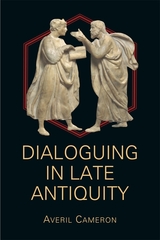
Christians talked, debated, and wrote dialogues in late antiquity and on throughout Byzantium. Some were philosophical, others more literary, theological, or Platonic; Aristotle also came into the picture as time went on. Sometimes the written works claim to be records of actual public debates, and we know that many such debates did take place and continued to do so. Dialoguing in Late Antiquity takes up a challenge laid down by recent scholars who argue that a wall of silence came down in the fifth century AD, after which Christians did not “dialogue.”
Averil Cameron now returns to questions raised in her book Christianity and the Rhetoric of Empire (1991), drawing on the large repertoire of surviving Christian dialogue texts from late antiquity to make a forceful case for their centrality in Greek literature from the second century and the Second Sophistic onward. At the same time, Dialoguing in Late Antiquity points forward to the long and neglected history of dialogue in Byzantium. Throughout this study, Cameron engages with current literary approaches and is a powerful advocate for the greater integration of Christian texts by literary scholars and historians alike.
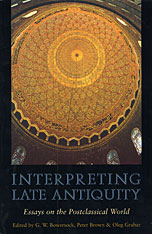
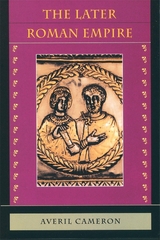
Marked by the shift of power from Rome to Constantinople and the Christianization of the Empire, this pivotal era requires a narrative and interpretative history of its own. Averil Cameron, an authority on later Roman and early Byzantine history and culture, captures the vigor and variety of the fourth century, doing full justice to the enormous explosion of recent scholarship.
After a hundred years of political turmoil, civil war, and invasion, the Roman Empire that Diocletian inherited in AD 284 desperately needed the radical restructuring he gave its government and defenses. His successor, Constantine, continued the revolution by adopting—for himself and the Empire—a vibrant new religion: Christianity. The fourth century is an era of wide cultural diversity, represented by figures as different as Julian the Apostate and St. Augustine. Cameron provides a vivid narrative of its events and explores central questions about the economy, social structure, urban life, and cultural multiplicity of the extended empire. Examining the transformation of the Roman world into a Christian culture, she takes note of the competition between Christianity and Neoplatonism. And she paints a lively picture of the new imperial city of Constantinople. By combining literary, artistic, and archaeological evidence. Cameron has produced an exciting record of social change. The Later Roman Empire is a compelling guide for anyone interested in the cultural development of late antiquity.
READERS
Browse our collection.
PUBLISHERS
See BiblioVault's publisher services.
STUDENT SERVICES
Files for college accessibility offices.
UChicago Accessibility Resources
home | accessibility | search | about | contact us
BiblioVault ® 2001 - 2025
The University of Chicago Press


